Where Do You Stand?
It’s time to pick a side. Today, more adults than ever identify as part of the LGBTQ+ community, many being people of color. The Black community’s relationship with sexuality has long been tied to respectability and racism. Black men and women are often seen as sexual objects, praised, feared, or rejected because of their bodies. The challenges presented to individuals due to their ‘Blackness’ alone are substantial. Therefore, the desire for Black folks and other people of color to lessen the chances of discrimination is understandable. Add in the influence of the Black church, good or bad, and we have an environment that is harmful to Black queer people.
Hip hop as one of the biggest artistic exports from the Black community is an audacious expression of creativity. Unfortunately, hip hop has also been a platform for many Black men to display toxic elements of masculinity, fetishize Black women, and gain fame doing so.
In hip hop, we see the same ‘brown paper bag’ cherry-picking of certain Black people deemed worthy of recognition, or preferential treatment. Those deemed worthy are nearly always heterosexual Black men either wealthy, hyper-aggressive, hypersexual (or all three), and light-skinned women. These standards are upheld by the larger society, but what makes it particularly harmful within communities of color, is the race factor.
Black Men in Hip hop
Race is a social construct and a resource. Black people according to the race hierarchy have desired attributes, yet are seen as less valuable. Black folks grow up being told explicitly or implicitly, you’ll have to work twice as hard to get half as much. Understanding these conditions, it appears many Black men in hip hop are working twice as hard to pick the ‘desirable’ Black people and discriminate against those deemed ‘unworthy’–– Black queer people and dark-skinned Black women.
Hip hop seems to be in a constant state of ambivalence ––– homophobia for Black queer folks, calls for equity for heterosexual Black men. The irony of some homophobic rappers chanting ‘Black lives matter,’ a movement started by Black queer women, is hell of uncomfortable to witness.
Until the success of Lil’ Nas X and to a lesser extent Frank Ocean, there was essentially only one route for queerness to openly exist in hip hop ––– the lesbian fantasies of heterosexual male rappers. Truthfully, rappers covet homosexuality in the form of submissive, light-skinned, or racially ambiguous women engaging in homosexual activity, for the pleasure of men. Hip hop’s double standards and hypocrisy can be heard on numerous songs.
“My girl got a girlfriend, Chevy blue like whirlwind’ — Young Dro
“Changing girls, change is fine, she don’t like girls, I’ll change her mind.” — Lil Wayne
“Taste her while I’m hitting [penetrating] you” — Trey Songz
Currently, Lil’ Nas X is the most prominent, openly queer entertainer not only in hip hop, but in music generally. Since his departure from “Old Town Road,” Nas’ loud display of his sexuality has irritated a slew of rappers. Some rappers (Lil’ Boosie) have even gone as far as to threaten Lil’ Nas with physical harm.
Others rappers like T.I regularly defend homophobic rappers, and colorist entertainers.
[If homosexuals have more rights than heterosexual people, just say that! If Lil’ Nas X can do his thing so can Da Baby,] said veteran rapper TI, in response to the backlash over rapper Da Baby’s statements on AIDS and homosexuality.
[if you didn’t show up with AIDS, put your cellphones in the air! If you a nigga and you don’t suck another nigga’s dick in the parking lot, make some noise!] said Da Baby onstage at Rolling Loud festival.
In a failed attempt to quell the fire, rapper Da Baby followed up his statements by doubling down on his initial comments stating, [my fans aren’t nasty, my gay fans don’t have AIDS].
The Gatekeepers
Unlike most other mainstream music genres, in hip hop Black men are the gatekeepers. To many prominent folks in hip hop, queerness is seen as an offense to the structures and customs that allow rappers to gain recognition from within, and outside the Black community. Overindulgent and or dangerous drug use, infidelity, colorism, sexism, anti femininity, murder, and homophobia are all mainstays in hip hop. While the genre contributes greatly to the arts in several ways, none of the aforementioned should be the standard.
Many heterosexual Black folk’s critiques of the Black LGBTQ+ community, spiral into Qanon-like conspiracies. The critiques often include conspiracies of depopulation, feminization agendas, and the lazy coupling of average Black queer people, with some prominent white queer, media elites (also subordinate to heterosexual white men). There is a genuine disinterest in the wellbeing of Black people who do not conform to traditional toxic patriarchy, its pardons, its gaze, rules, and hypocrisy.
Black, Brown, and Queer
The collective of Black and brown queer folks are not part of any established, white gay, media elite. The everyday Black queer person is not Anderson Cooper, Clive Davis, or Ellen Degeneres. In reality, the queer community is quite racially segregated. Gay pride, for example, is to Black gay pride, what July 4th is to Juneteenth. Black queer folks not only face discrimination from the general society for being Black, but they also face discrimination within the Black community for their queerness and then again, within the LGBTQ community for their Blackness ––– dizzying.
Hip-hop has ushered in decades of creativity and even profoundness into the world. Unfortunately, the genre routinely serves as a medium for mostly heterosexual Black men, to display caricatures of masculinity, overrepresented in its most toxic forms, with communal support (queer Black folks included).
There is no denying the importance of Black queer folks to popular culture. From everyday slang to fashion, dance, activism, music, etc. Black queer folks have contributed and continue to contribute as creators, front-line activists, and trendsetters. Queer Black people are no longer willing to be treated as workhorses, outcasts, or court jesters of hip-hop (or any community). The Black LGBTQ+ community needs and deserves better. It’s time to pick a side.
(Instagram: @Hippiebyaccident, Email: [email protected], Site: Graemediallc.com)
Author
Discover more from Red Hook Star-Revue
Subscribe to get the latest posts sent to your email.

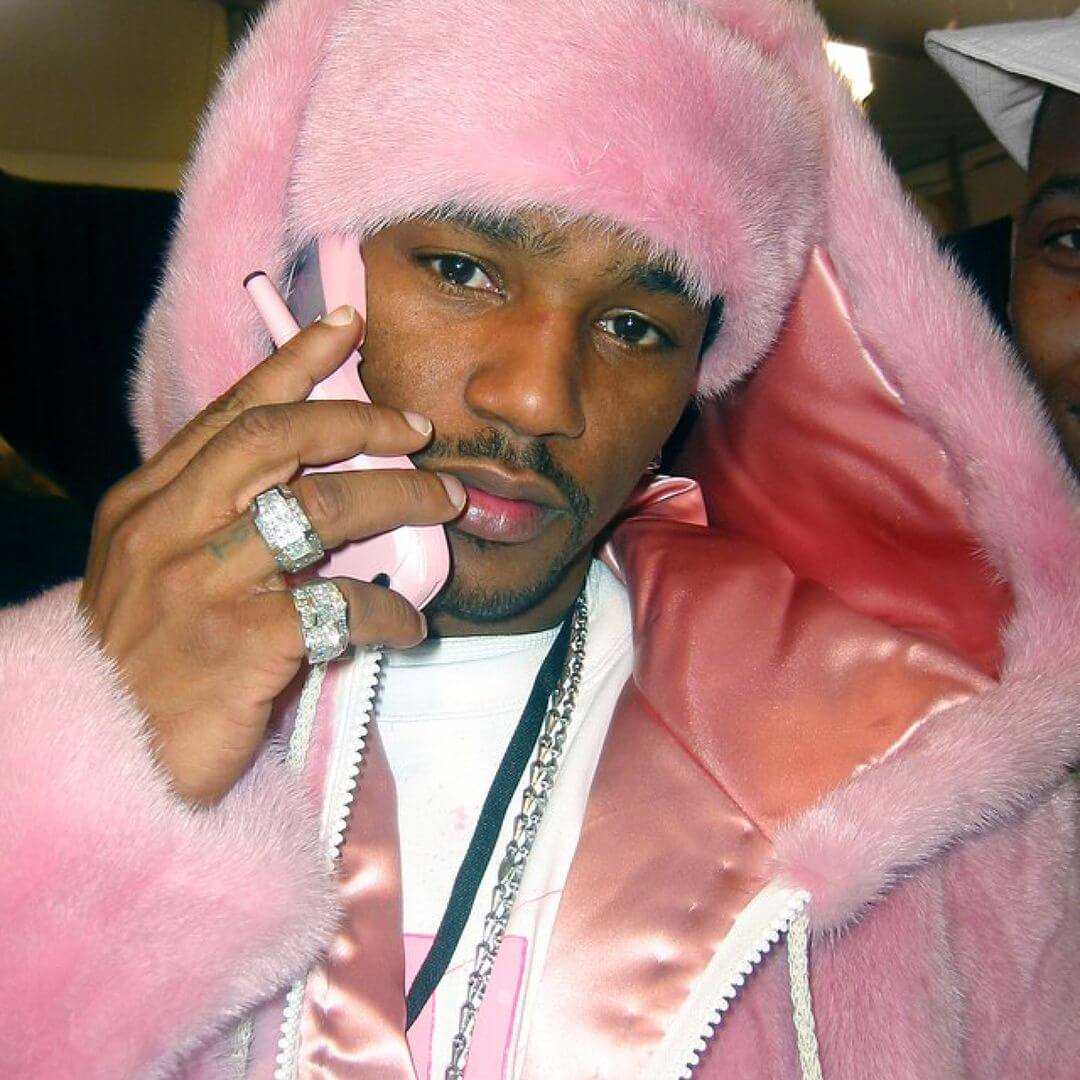
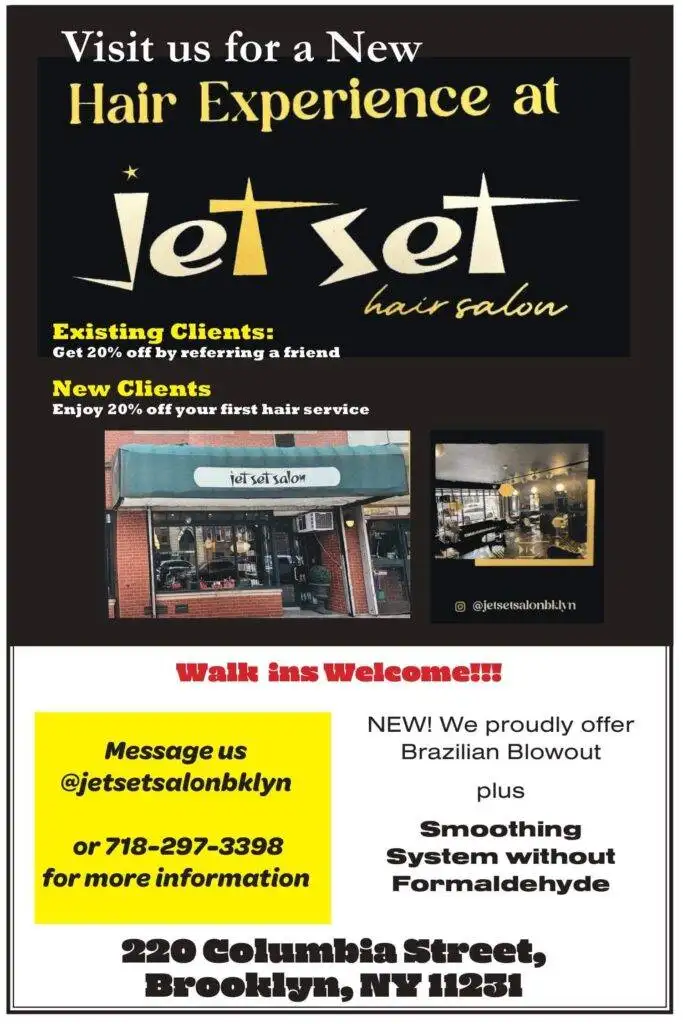
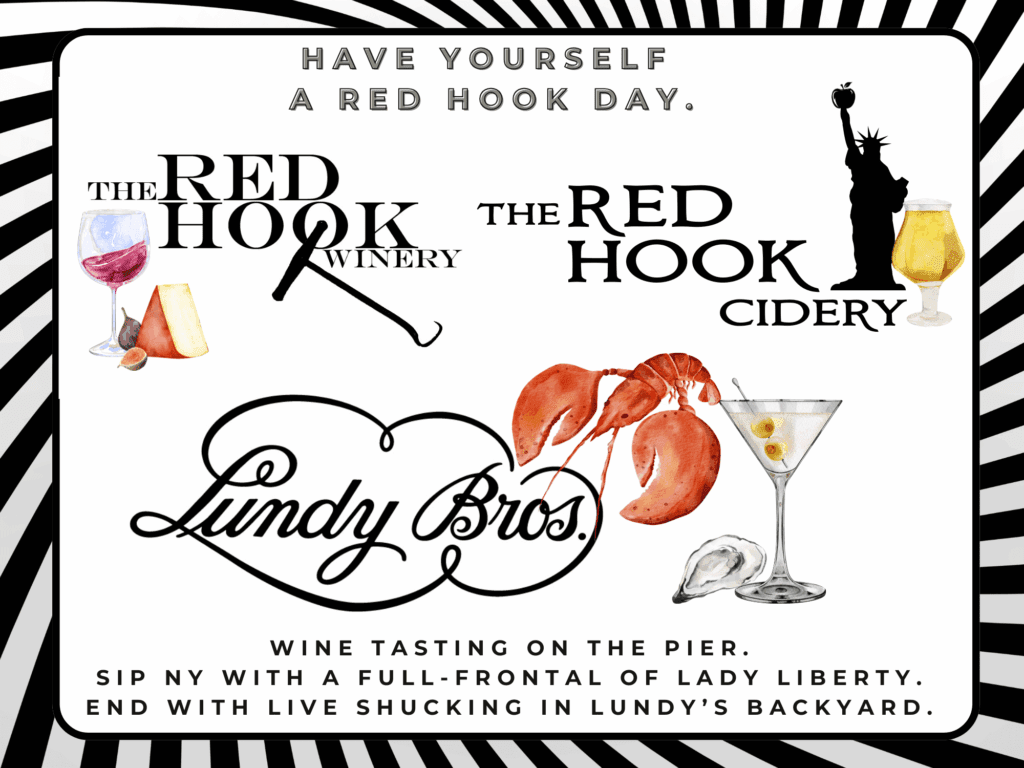
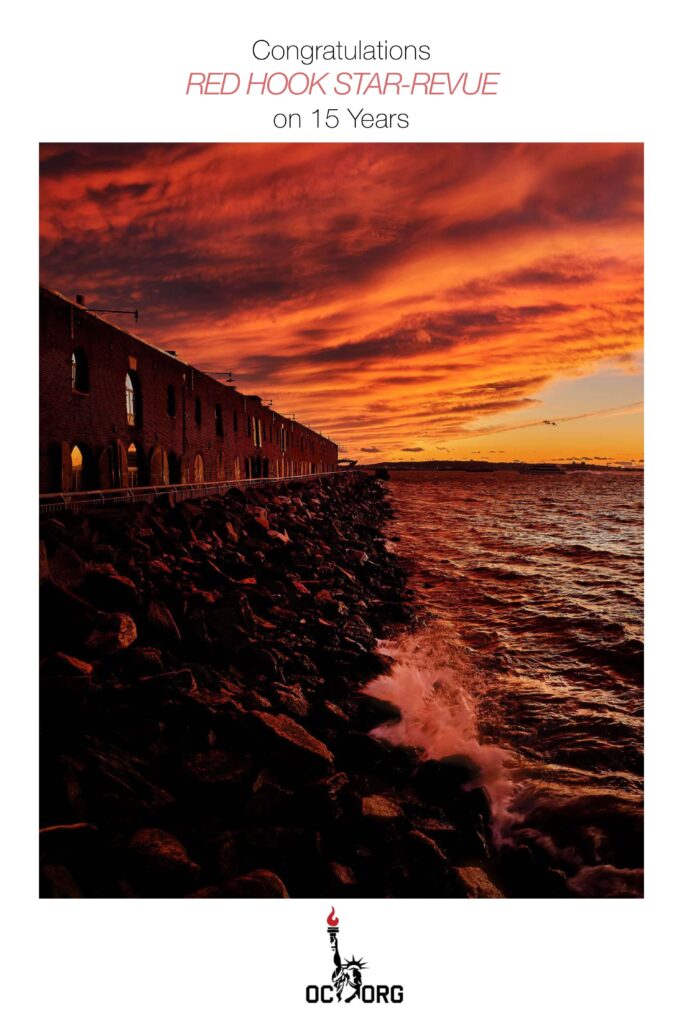


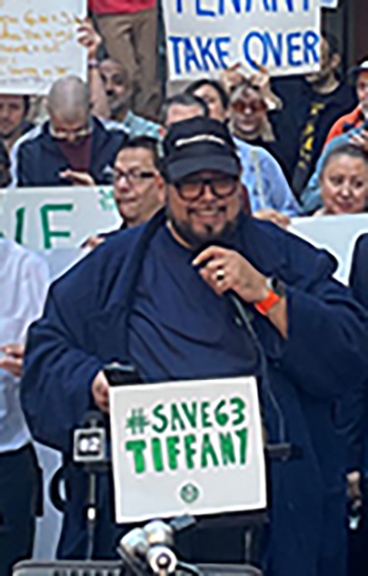



One Comment
Pingback: Hypocrisy: Hip Hop and Homosexuality, by Roderick Thomas – Afro-Conscious Media